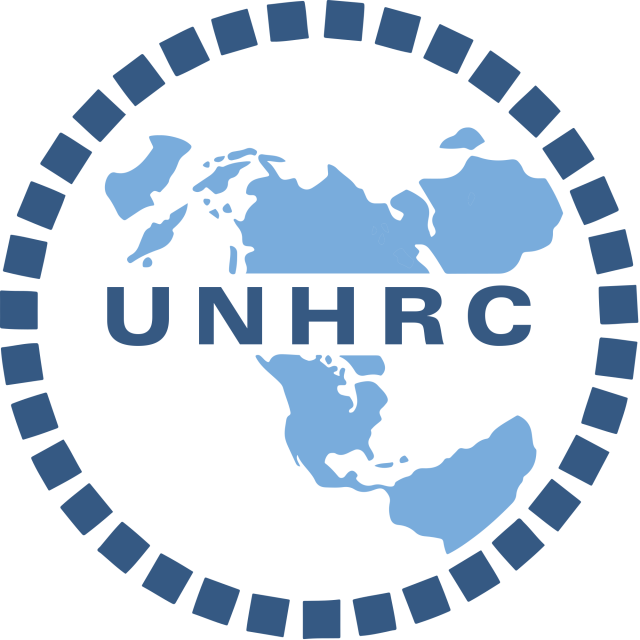Committee Overview
The United Nations Human Rights Council (UNHRC) is a UN body made up of 47 member states, tasked with promoting and protecting human rights worldwide. The Council is the main platform for dialogue on human rights issues and works to address violations and recommend solutions. It was created in 2006 to replace the Commission on Human Rights. The UNHRC has the authority to examine human rights situations, issue reports, and make recommendations. Periodically, the council reviews the human rights records of UN member states to identify areas for improvement. Special procedures of the HRC, who are independent human rights experts, have mandates to report and advise on human rights from a thematic or country-specific perspective. The council also makes recommendations on how to improve human rights protection, and can also address current alarming human rights situations. This promotes accountability and plays a critical role in ensuring that the global community respects and upholds human rights for all people.
Topic A: Protecting and Expanding Civic Space
Civic space is essential for ensuring that human rights are protected. It gives individuals the chance to take part in decisions which affect their lives. It does this through allowing access to information and speaking freely. Thus, states have a duty to protect this space and make sure everyone’s voice can be heard. But today, only about 2 percent of people around the world can freely join groups, protest, and speak out without facing major obstacles. Many countries, even democracies, are making laws that limit civic space. These laws go against the freedoms of association and expression promised in the Universal Declaration of Human Rights. Human Rights Defenders work within civic space to protect the rights of all people, but they often face threats, unfair arrests, and even death. Delegates in the United Nations Human Rights Council (UNHRC) should work to protect civic space from government control and spying, and to make such spaces more open. This helps protect everyone’s right to speak up and join together.
Topic B: The Human Right of Freedom of Religion
Freedom of religion means people have the right to believe (or not believe) in any religion, practice their beliefs, and even change or leave their religion. But in many places, this freedom is not protected. Governments may limit religious freedom, and some people may face discrimination or hate crimes because of their beliefs. In some parts of the world, people suffer from serious religious persecution. This includes unfair laws, violence, being forced to follow a religion, or not being allowed to worship freely. Millions of people face violence, mass displacement, and statelessness. Such groups include Rohingya Muslims, Uyghur Muslims, Ahmadiyya, and Christians in parts of the Middle East. This goes against international laws and goals like SDG 16, which calls for peace, justice, and fair treatment for everyone. Countries in this committee may have very different views. Some will support strong freedom of religion and want to keep government and religion separate. Others may limit religious freedoms to protect their traditions or national identity. Some countries will want to help persecuted religious minorities, while others may not. Delegates will have to discuss how to protect freedom of religion for all, promote tolerance, and hold people accountable when these rights are violated.

